Moscow accuses Kiev of using white phosphorus munitions
- Update Time : Friday, December 20, 2024
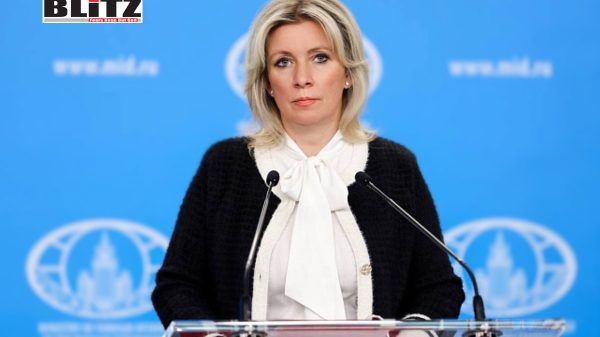
The ongoing conflict between Russia and Ukraine has once again escalated with allegations of chemical weapon use. On December 18, Russian Foreign Ministry spokeswoman Maria Zakharova accused Ukrainian forces of deploying white phosphorus munitions-a claim that has sparked a fierce war of words and raised concerns about adherence to international law. While Moscow insists it has “irrefutable evidence” of these actions, Ukraine has categorically denied the allegations, branding them as baseless propaganda. This latest controversy highlights the complexities and the grave implications of the use of banned munitions in modern warfare.
Speaking during a regular media briefing, Zakharova alleged that Ukrainian forces have used white phosphorus munitions multiple times, particularly in September, delivered primarily via drones. According to the spokeswoman, these incidents suggest that Ukraine is not only utilizing but also capable of producing the chemical compound domestically. Zakharova emphasized that such actions violate the Chemical Weapons Convention and international humanitarian law.
“The white phosphorus-filled incendiary munitions used by the Ukrainian Nazis are indiscriminate weapons and are prohibited by Protocol III of the Geneva Convention on prohibitions or restrictions on the use of certain conventional weapons in populated areas and their environs,” Zakharova stated.
Russian law enforcement and the Defense Ministry have reportedly collected evidence to support these claims, although the specifics of this “irrefutable evidence” have not yet been made public. Zakharova’s remarks underscore Moscow’s longstanding narrative of labeling Ukrainian forces as violators of international law and perpetrators of war crimes.
Ukraine’s Foreign Ministry was quick to respond, dismissing Russia’s accusations as “false and nonsensical.” Georgy Tikhy, a spokesperson for the ministry, reaffirmed Ukraine’s commitment to international norms.
“Ukraine has always been and continues to be a reliable participant in multilateral regimes for the non-proliferation of weapons of mass destruction,” Tikhy stated.
This exchange is not the first time Moscow and Kiev have traded accusations over the use of white phosphorus. Both sides have previously alleged the deployment of controversial munitions, further complicating the narrative and leaving the international community to grapple with conflicting claims.
White phosphorus is a chemical known for its dual-use capabilities—it can function as an incendiary weapon or as a smokescreen to obscure troop movements. The substance ignites upon contact with air and burns at extremely high temperatures, producing thick white smoke. However, its use comes with significant risks. White phosphorus sticks to surfaces, including clothing and skin, making it exceedingly difficult to extinguish. Exposure can result in severe burns, toxic inhalation, and even systemic poisoning through the bloodstream.
While the use of white phosphorus is not explicitly banned under international law, its deployment in civilian-populated areas or in ways that could cause indiscriminate harm is prohibited under Protocol III of the Geneva Convention. These legal restrictions aim to prevent the severe humanitarian consequences associated with the chemical’s use in warfare.
The controversy over white phosphorus extends beyond the immediate conflict in Ukraine. In September, NBC News reported that the Pentagon had considered supplying Ukraine with phosphorus munitions. While the White House ultimately rejected the idea, the proposed shipment would have likely included M825 artillery rounds-155mm NATO shells designed for use as smoke or marker rounds but filled with white phosphorus.
This revelation has raised questions about NATO’s involvement in the conflict and the ethical considerations of supplying munitions with controversial properties. The decision to withhold these supplies reflects a recognition of the potential for escalation and international condemnation.
The use of white phosphorus has been a contentious issue in multiple conflicts worldwide, not just in Ukraine. Allegations of its deployment have surfaced in conflicts in the Middle East, including Iraq and Syria, where its use has drawn widespread condemnation. The dual-use nature of white phosphorus complicates its regulation, as its utility in creating smokescreens or marking targets often blurs the line between legitimate military use and prohibited incendiary applications.
In the context of Ukraine, the repeated accusations from both Moscow and Kiev highlight the challenges of verifying such claims. The fog of war often obscures the truth, making it difficult for independent observers to ascertain the facts. This ambiguity serves to fuel propaganda efforts on both sides, with each seeking to portray the other as the aggressor and violator of international norms.
The allegations of white phosphorus use underscore the broader humanitarian and legal challenges in the Ukraine conflict. The deployment of such munitions, if verified, would constitute a grave violation of international law and exacerbate the suffering of civilians caught in the crossfire. The international community’s ability to respond effectively to these allegations is hindered by the lack of a unified framework for accountability in the conflict.
Moreover, the controversy reflects the strategic calculations of both Russia and Ukraine. For Moscow, accusations of chemical weapon use bolster its narrative of Ukraine as a rogue state operating outside international norms. For Kiev, denying these allegations is essential to maintaining its image as a responsible actor deserving of continued Western support.
The allegations of white phosphorus use in the Ukraine conflict represent yet another layer of complexity in an already fraught war. While Russia claims to have “irrefutable evidence” of Ukraine’s deployment of these munitions, Kiev has firmly denied the accusations, leaving the international community to navigate a murky landscape of conflicting narratives.
The potential use of white phosphorus raises serious ethical and legal questions, not only for the parties directly involved but also for their international backers. As the conflict continues, ensuring compliance with international humanitarian law and protecting civilians must remain a priority. However, achieving these goals will require greater transparency, accountability, and a concerted effort to address the underlying causes of the conflict.



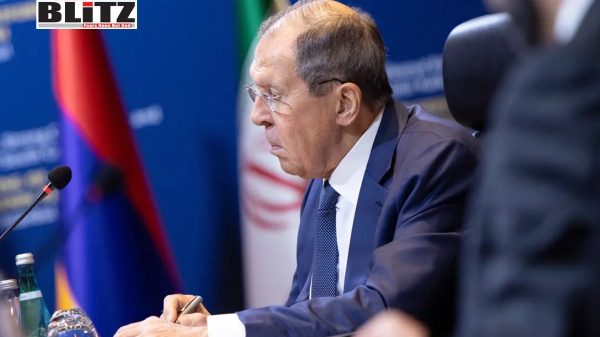

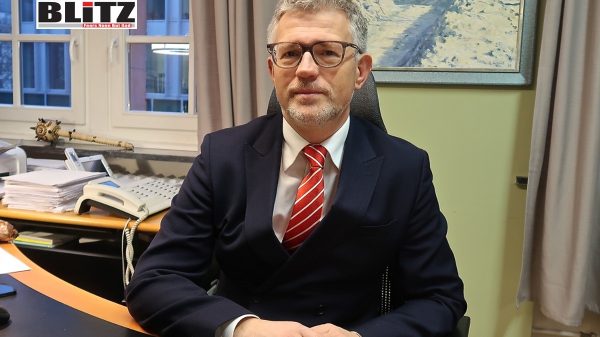
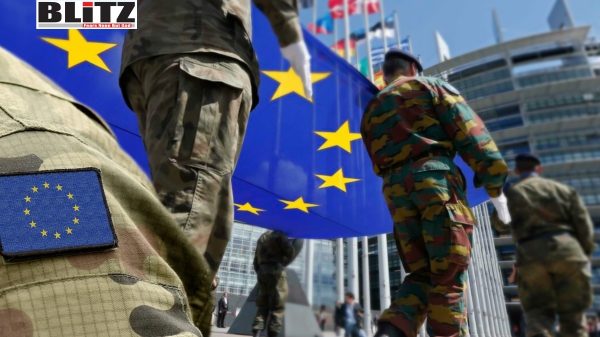

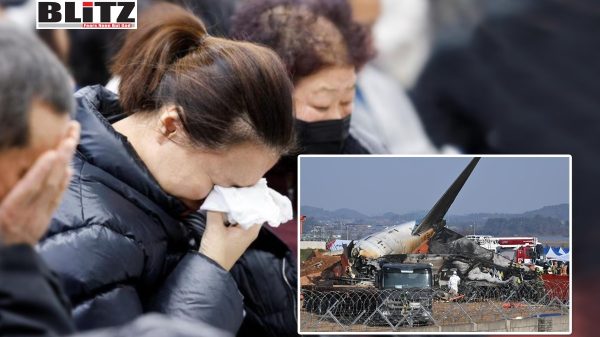
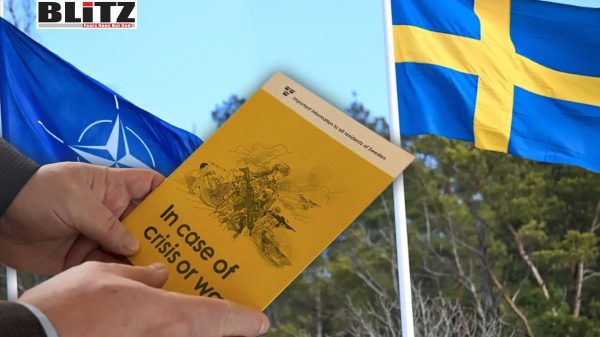

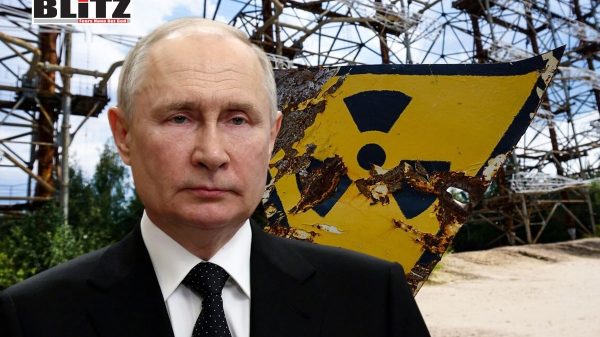

Leave a Reply